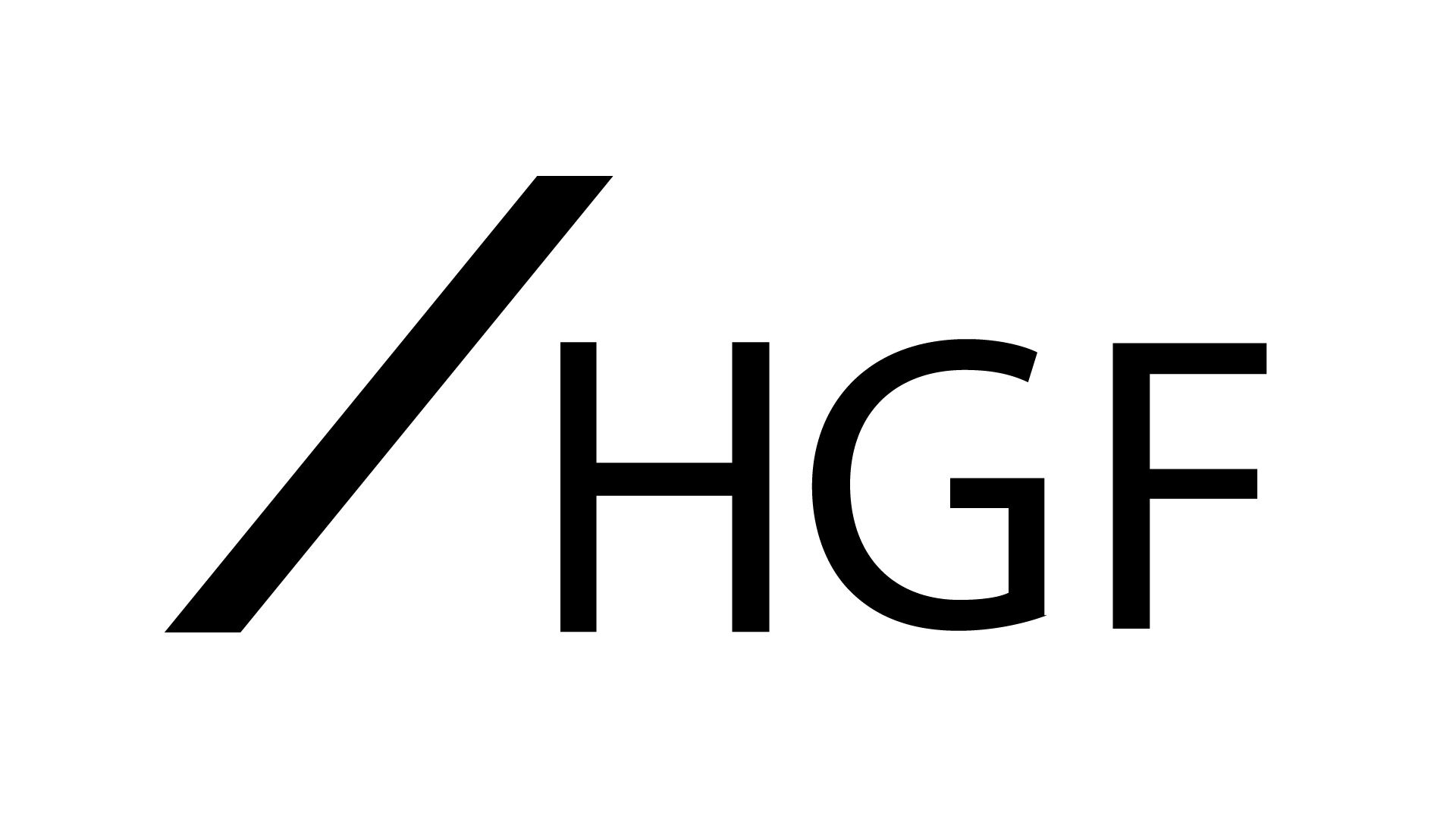Blogs
Update on the Precision Breeding Act 2023: details emerge of the new simplified regulatory pathway for gene edited plant and animal derived food and feed products
January 2025
The Genetic Technology (Precision Breeding) Act 2023 could come into force as early as spring 2025. It empowers the Food Standards Agency (FSA) to create a new simplified regulatory pathway for the marketing authorisation of precision bred plants and animals, and derived food and feed products. Here we review the latest policy developments which shed light on what this new regulatory pathway will look like for applicants.
As a brief recap, the Act applies to animals, plants and algae, which are considered “precision bred” if their genome is altered using modern biotechnology in a stable (heritable) way that could have occurred through traditional breeding. The FSA is granted powers under the Act to establish a simplified, proportionate, and science-based regulatory pathway for the marketing authorisation of Precision Bred Organisms and food and feed produced from Precision Bred Organisms in the UK.
The FSA is currently developing this new regulatory pathway, the so-called Precision Breeding Regulatory Framework. Their Delivery Plan and Policy Update (linked below) were both updated last month, providing us with the most recent details on the practicalities of this new regulatory pathway.
Under the new pathway, organisms will first need to be confirmed as having Precision Bred Organism status by the Department for Environment, Food & Rural Affairs (Defra). This process will confirm their equivalence to traditionally bred organisms, which are not subject to premarket approval. Defra’s decision may take up to about 3 months. Only then can an application for food or feed authorisation be submitted to the FSA.
The FSA will implement a two-tiered food or feed marketing authorisation process. Tier 1 applications will be granted marketing authorisation without the need for a bespoke risk assessment. Instead, they will follow a new “lighter-touch” audit and registration process which is “greatly simplified compared to other regulated products processes”. The FSA estimates that decisions on Tier 1 applications will take two months.
Tier 2 applications, by contrast, will require a bespoke risk assessment focusing on specific safety concerns in a process that is “closely aligned with existing regimes”. The estimated timeframe for Tier 2 application decisions is significantly longer, taking 12 to 24 months depending on complexity. This complexity will be assessed by the FSA based on the novelty and scientific and risk management complexity of the application.
Applicants will need to determine the applicable tier to their product through a triage process based on a set of food safety criteria concerning novelty, nutritional quality, allergenicity, toxicity and other safety concerns. Products that raise any safety concerns will require Tier 2 approval. These concerns will presumably inform the focus of the bespoke risk assessment involved in Tier 2 applications.
The FSA estimates to receive about 18 applications per year, divided equally between the two tiers.
In short, the FSA is setting up a simpler faster (2 month) Tier 1 application process for the food and feed marketing authorisation of Precision Bred Organisms, alongside a bespoke slower (1-2 year) Tier 2 application process to tackle specific safety concerns. Questions remain about the exact triage criteria that will decide the tier of an application, with detailed guidance for applicants expected to be released soon.
Follow our Agritech Thymes blog for further developments.
Further reading
https://www.food.gov.uk/board-papers/precision-breeding-delivery-plan
https://www.food.gov.uk/board-papers/policy-development-precision-breeding
This article was written by Trainee Patent Attorney Aron Ferenczi
































